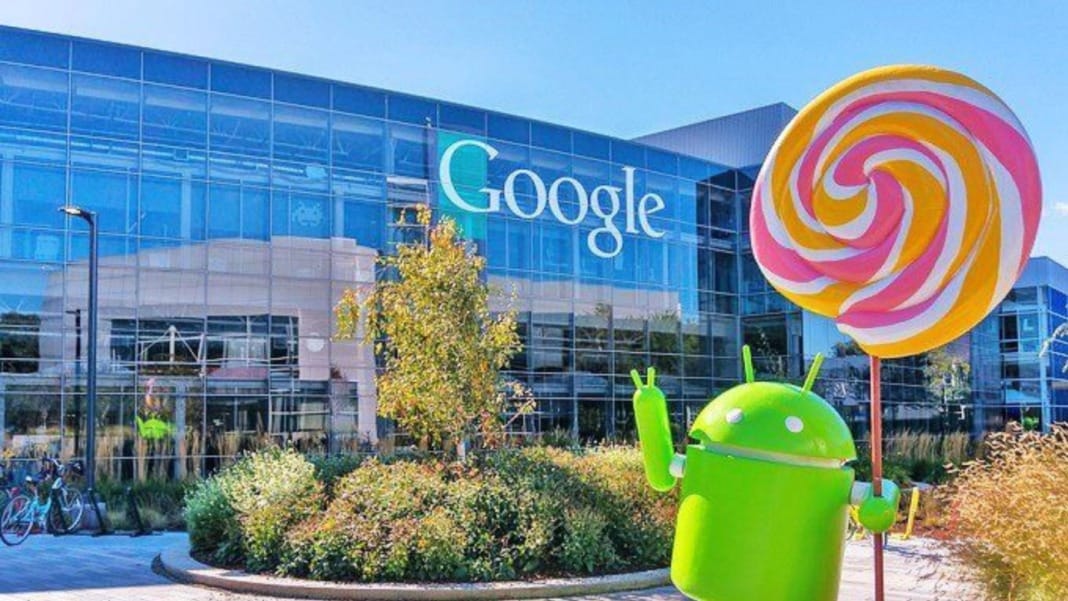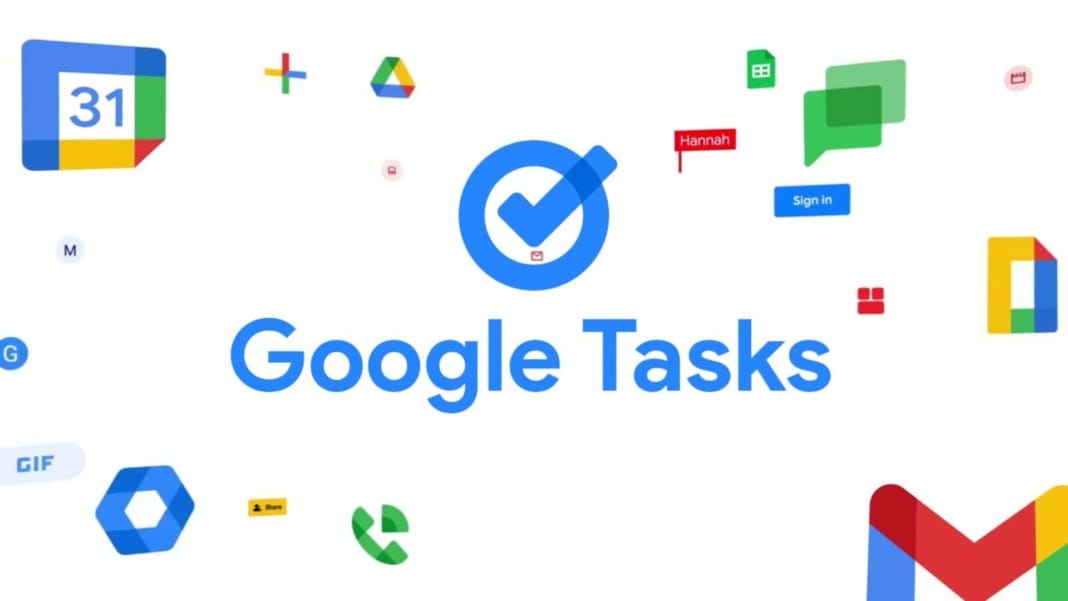In a significant achievement, Google’s parent company Alphabet has officially reached and sustained a US$2 trillion market cap for an entire trading day, previously touching this milestone briefly in November 2021. This success ranks Google as the fourth most valuable public company in the world, behind Nvidia (US$2.2 trillion), Apple (US$2.6 trillion), and Microsoft (US$3.0 trillion), with Amazon at US$1.8 trillion and Meta at US$1.1 trillion.
Over the past year, Google has confronted significant challenges, notably the rapid development of generative AI and increasing regulatory pressures. In response, Google has made substantial adjustments, including a major overhaul of its search engine to integrate AI, restructuring of the Search, Android, and hardware teams around AI, and the launch of the Gemini AI model to seize new opportunities.
These strategic changes also involved significant operational shifts, including project terminations and workforce reductions, aimed at refocusing the company’s efforts. Notably, alongside its Q1 2024 earnings report, Google announced its first-ever dividend and a substantial US$70 billion share buyback.
Strong financial performance and strategic advancements
Google’s recent financial results underscore its strong business foundation. According to its Q1 2024 earnings, Google posted US$23.7 billion in profit on US$80.5 billion in revenue. These figures represent a 15% increase in revenue and a 14% rise in profit year-over-year, surpassing earnings from the typically lucrative holiday quarter.
In addition to financial manoeuvres, Google is actively exploring new AI-driven revenue streams. This includes enhancements in ad targeting through its Performance Max tool, which has significantly improved campaign effectiveness. Collaborations with companies like Discover Financial and Ikea are also leveraging AI tools to enhance operational efficiency and profitability.
While Google is enthusiastic about the potential of AI, it remains cautious about its integration into the core search business. CEO Sundar Pichai emphasised a measured approach, aiming to improve the search experience through AI without disrupting the existing ecosystem. This strategy seeks to balance innovation with the reliability of Google Search, ensuring that AI enhancements enhance user interactions rather than complicate them.
As Google prepares for its upcoming Google I/O conference on May 14, the technology community is keen to see how the company will continue to integrate AI and address the challenges of a rapidly evolving digital landscape.





